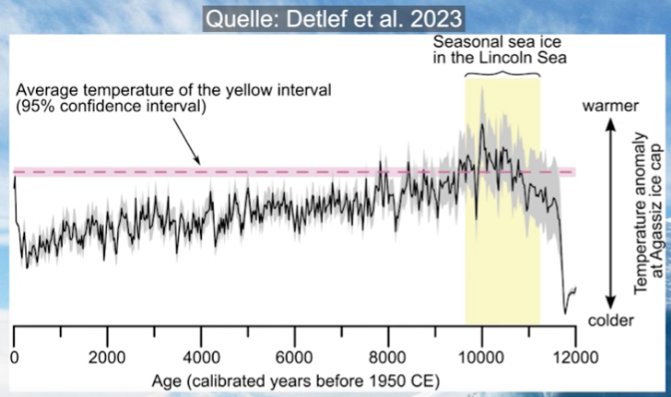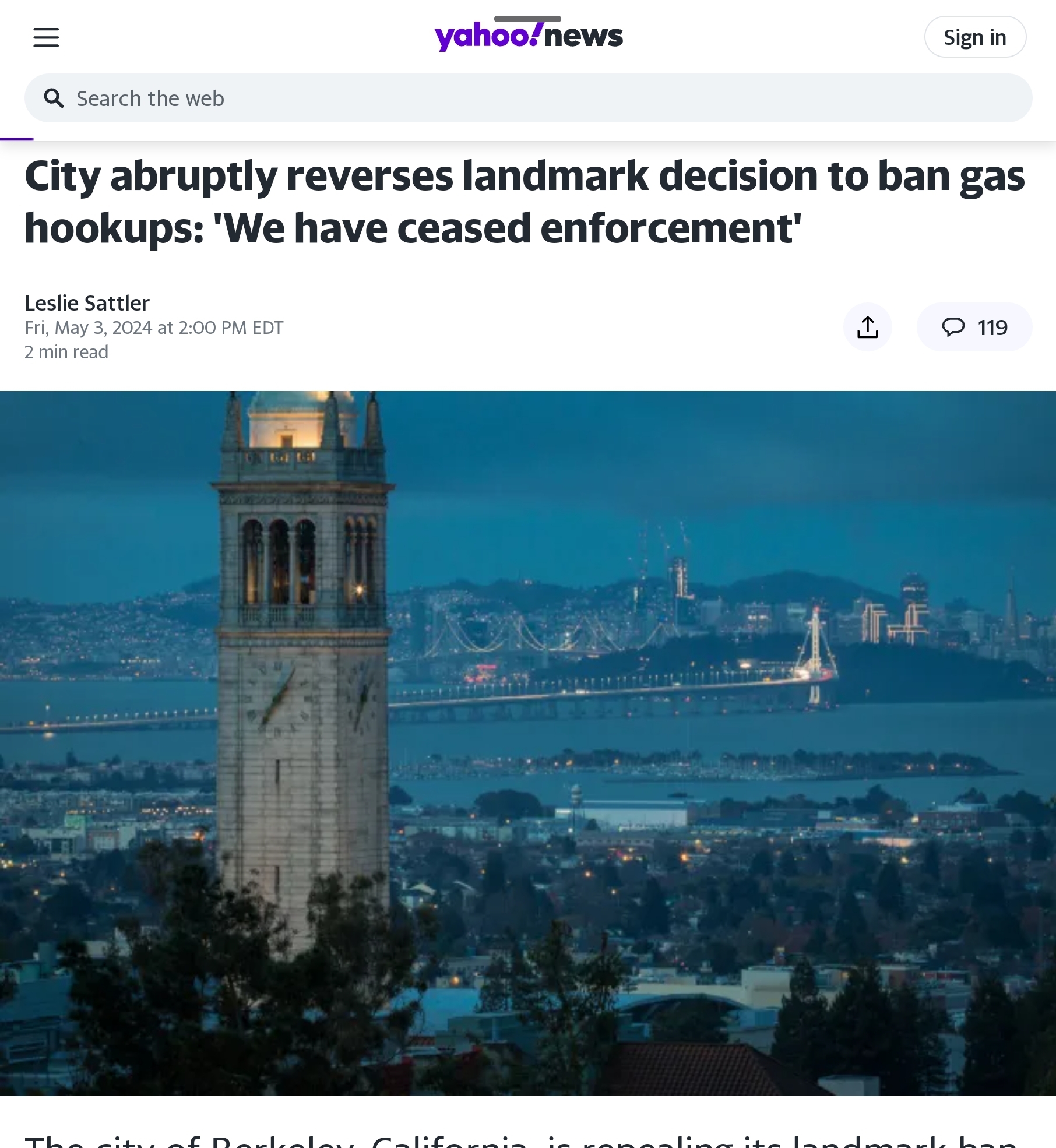[Gerald Meehl, a senior scientist at NCAR] “But how these things get portrayed, and the wording used to describe them, may change, to try to make it more clear. The caveat is that that’s not the final version.”
That was seconded by Trenberth — who has attended the IPCC sessions in the past but won’t be doing so this year.
“It’s going to change a lot,” he said. “How it gets said, and the wording, and what gets emphasized and what gets dismissed is decided by the government representatives. And there is usually a war of sorts that goes on in that room, between governments who are determined to have a clear and accurate report, and some governments who are trying to muddy the language and downgrade the language.
“For the 1990, ’95 and 2001 reports, the main countries that were working to obfuscate and diminish the language were the OPEC countries, led by Saudi Arabia,” Trenberth said. “And the 2007 report, the country with a strong delegation and strong objections was China, backed up by Saudi Arabia.
“There is supposed to be unanimous consensus. And that is very hard to achieve.”
The struggle to reach consensus, Trenberth said, “is an interesting process, but it’s a brutal process. The chair has to have an amazingly robust bladder.”




